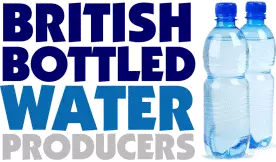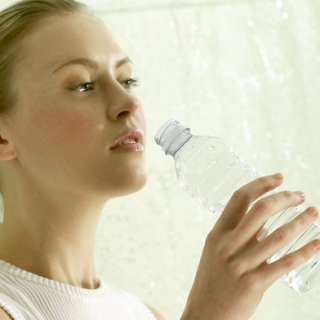
|

|
|
 
|
Water Babies: Pregnancy, Babies And Hydration |

|
|||||||||||||||||||||||||||||||||||||||||||||
| ◄ ◄ Return to Press Office | ||||||||||||||||||||||||||||||||||||||||||||||
|
With excitement building about the impending Royal birth, now is a timely moment to remind pregnant women and new mothers about the importance of hydration for mother and baby. As the Duchess of Cambridge no doubt already knows from experience, pregnant and nursing mothers need more water than the usual 8 glasses a day (1.8 litres). Check your hydration levels by looking at the appearance of your tongue – it should be moist and clear; and checking the colour of your urine – which should be pale straw coloured. Don’t worry if you are dehydrated: just drink water and the symptoms should be swiftly alleviated. Once your baby arrives, breast-feeding should ideally continue for at least four months, and ideally throughout the first year but British bottled water is generally perfect for parents who decide, or whose circumstances dictate the need, to use formula-feed, or who use bottles as a supplement to breast-feeding.
A handy guide for parents about fluid for babies and young children is published on this website... http://www.britishbottledwater.org/children-and-babies.asp
FLUID REQUIREMENTS The water needs of children are far greater than most people realise. Their needs vary depending on age and body weight. Remember, young children need milk as well as water.
The age of the baby or child dictates the amount of fluid necessary for good health so check our handy chart to see what your toddler might need. Always consult your health professional or doctor for definitive information if you have any concerns about baby and child healthcare matters.
Community Child Health and Paediatricians” Edited by Harvey, Miles, Smyth –Hammersmith and St Mary’s Hospitals, London
Note: up to a year, the amount of fluid recommended is given in millilitres per kg of weight. For quick reference, after this age, the total daily fluid required is given based on average weights.
Here are 5 top tips about fluids for babies and children
ends NOTES TO EDITORS *Up to 150 mg/l of sodium is deemed suitable for babies’ feed. Most British waters contain well below this level. Natural Mineral Waters must by law include the mineral content on the label so it is easy to check.
For further information contact Jo Jacobius British Bottled Water Producers 020 8347 8206 or 07850338998
Article posted on: 27 April 2015 NOTES TO EDITORS: | ||||||||||||||||||||||||||||||||||||||||||||||
| ||||||||||||||||

|
||||||||||||||||
